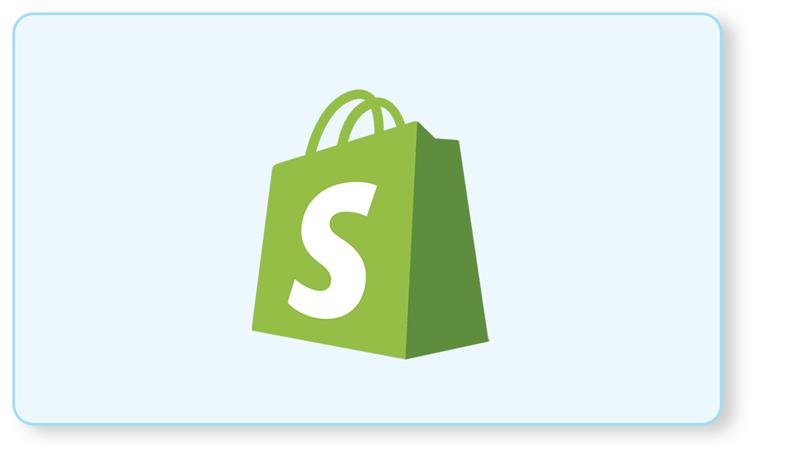Shopware Development Services is a leading eCommerce platform founded in Germany, having its footprint across the UK and US market where it’s providing a compelling choice to more established eCommerce professionals. With a burgeoning number of UK-based merchants already on its books, from Euronics to L’Oréal, the platform’s European development is well underway.
What’s Shopware and Why Should One Consider it?
Shopware is a developer-friendly, feature-rich, PHP-based eCommerce application discovered more than 18 years ago in Germany.
With more than 80,000 deployed examples and a strong partner network, it’s an extremely popular, prominent eCommerce solution in the DACH region and neighboring regions, and it’s also utilized by several UK-based merchants.
Shopware fosters openness and convenience which is exhibited in its business culture and people. As we know that it’s 100% controlled by the founders, with no private equity or outside funding included, Shopware can determine and execute its vital agenda unhindered by the economic pressures meeting several other eCommerce vendors.
The application is open source, and with an open and dynamic product roadmap, Shopware actively promotes participation, input, and feedback from clients and the community to help drive and improve the product.
Shopware’s modular design allows companies to launch instantly, and the scalable, fully-customizable platform provides businesses vital flexibility when it comes to modifying the software to satisfy distinct business requirements.
What are Its Top Features?
Shopware offers numerous comprehensive features that other platforms would provide via integration and use of distinct, professional solutions for distinct requirements – intense content presentation, for instance.
Let’s not get into the debate here concerning what the scope of an eCommerce platform should be. This conversation requires another blog post, however, don’t think that Shopware delivers a wider scope than its competitors in terms of native functionality. If that’s a path of travel that’s fascinating you, Shopware’s approach is expected to be very engaging to you.
Here are Some of the Highlights of the Platform’s Key Traits:
- Instinctive and notably vibrant content management capability: Shopware’s CMS will be an immense draw for multiple retailers as it enables admin users to build profoundly flexible content pages without technical support.
- Drag-drop design layouts: Fir creating highly-customized layouts, optimizing complex components such as products, content, banners, and product blocks, rich media, and more.
- Inclusive multi-store, multi-territory eCommerce inclinations.
- Smart and flexible product and catalog-management tools.
- Premium merchandising, search, and marketing features
- Multi-warehouse assistance as standard.
- High levels of scalability and execution, with in-built developer tooling to improve facilitate scaling.
- Best platform and professional support from Shopware as part of the continuous support contract.
- Integrated ERP solution.
- The new dealer integration module enables merchants to design and manage storefronts for resellers and drop-shippers. It is a unique feature for various businesses with distributors or third-party sellers.
An important B2B suite is available to handle the typical B2B Commerce requirements, including multiple pricing lists, tiered pricing, cart to quote, admin roles, responsibilities, workflows, and a lot more.
Is Shopware Suitable for any eCommerce Business?
As the platform has a more inclusive product offering natively, opposed to several alternative solutions, Shopware seems to have a more generic charm over a wider range of market verticals, which is exhibited in the company’s various client programs.
With any eCommerce business or project, the determination as to whether Shopware is the best fit for you is biased and needs a clear perception of the business goals. That said, if your company values one or more of the following attributes, Shopware would definitely be worth evaluating:
- A high level of admin control and freedom in creating and publishing smart, interactive products and relevant content.
- Flexible, open and modular- Shopware is ideal for merchants that want to achieve their own technical roadmap
- An inclination for a self-hosted solution
- A provision for B2B or dealer delivery type functionality.
- Conventional admin and technical support.
- Very affordable licensing and support models, with no income share or volume-based pricing.
What’s the Licensing Guide?
The cost of Shopware vs. its major rivals is extremely competitive and is not connected to revenue or sales volumes; something that retailers often say seems like a ‘penalty charge’ for profit.
The initial fee will differ based on whether additional modules. For Enterprise, it is the cost of application.
As with maximum open-source software the community edition is free, but appears with a subdued feature set and no maintenance or warranty from the merchant, but is an adequate ‘sandbox’ for retailers looking to research before investing.
For all editions excluding Enterprise, support is voluntary. Its Enterprise purchases must sign up to the paid Diamond support.
What are The Platform’s Limitations?
This is a critical question because the product itself is very extensive and attractively valued, the support is great, and there’s a huge community of third-party services, extensions, and integrations available to improve any store.
One perspective that’s possibly not quite so refined is the expertise pool for Shopware in the UK, which is not as developed as it might be. This is the biggest concern for retail businesses seeing to build their own internal technical teams to support the product, but, it’s a situation that will certainly improve and develop as the platform earns more friction here.
So if you’re looking for Shopware Development Company, then get in touch with the Certified Shopware Developers team now: [email protected]





